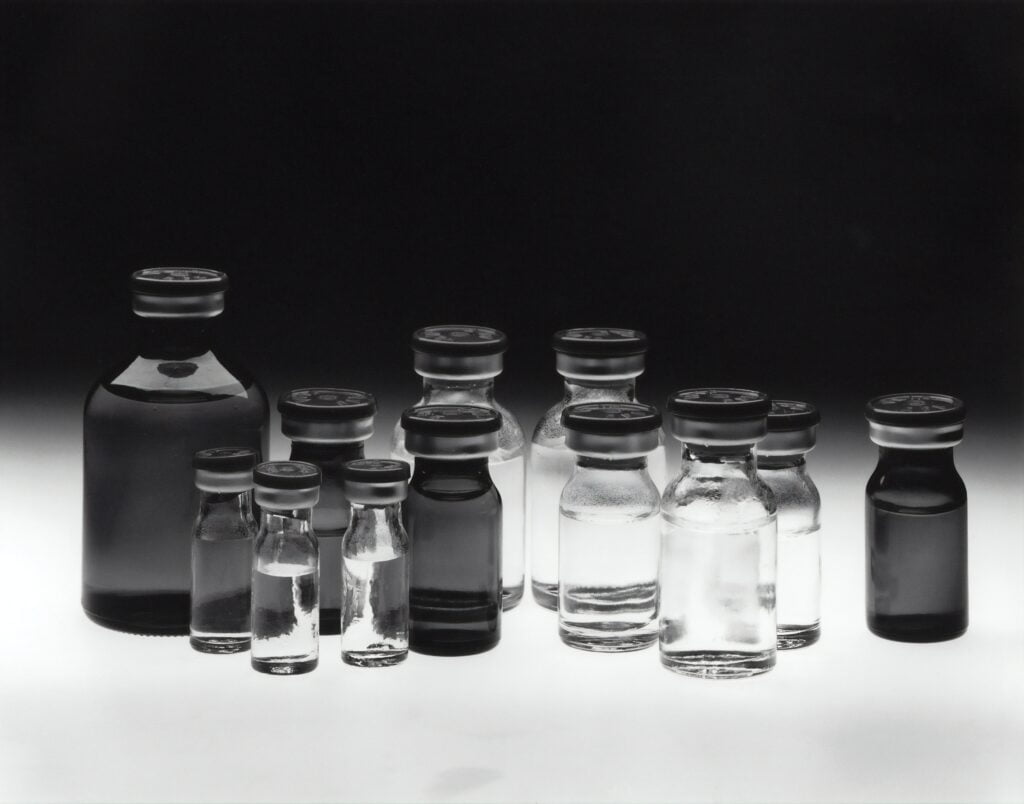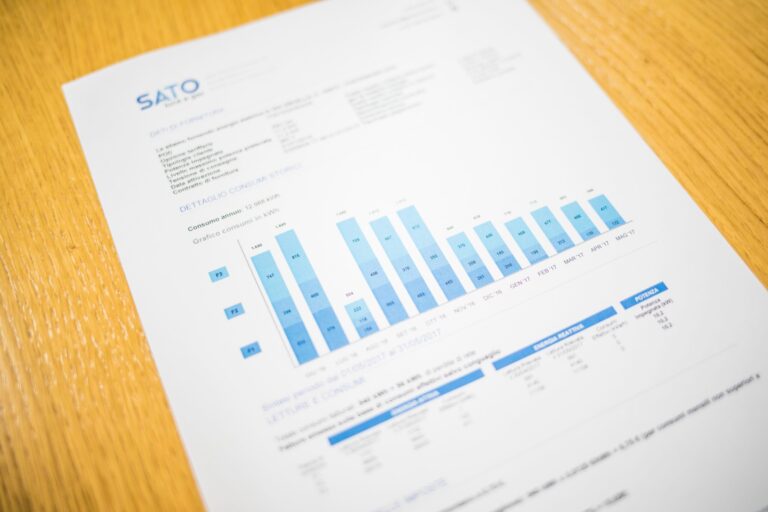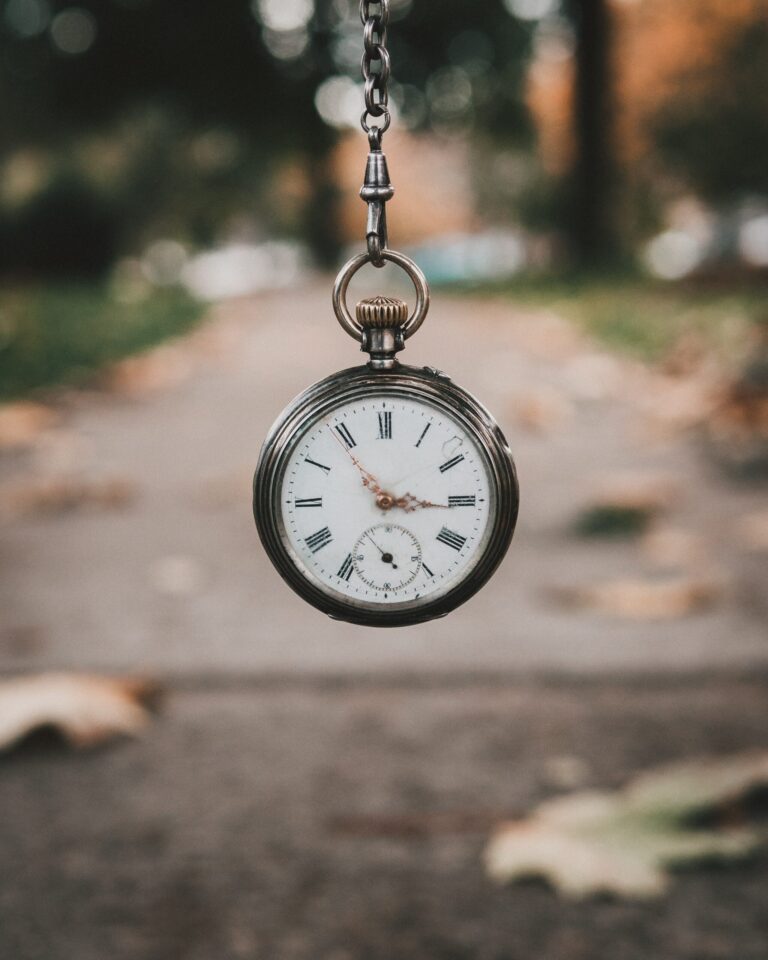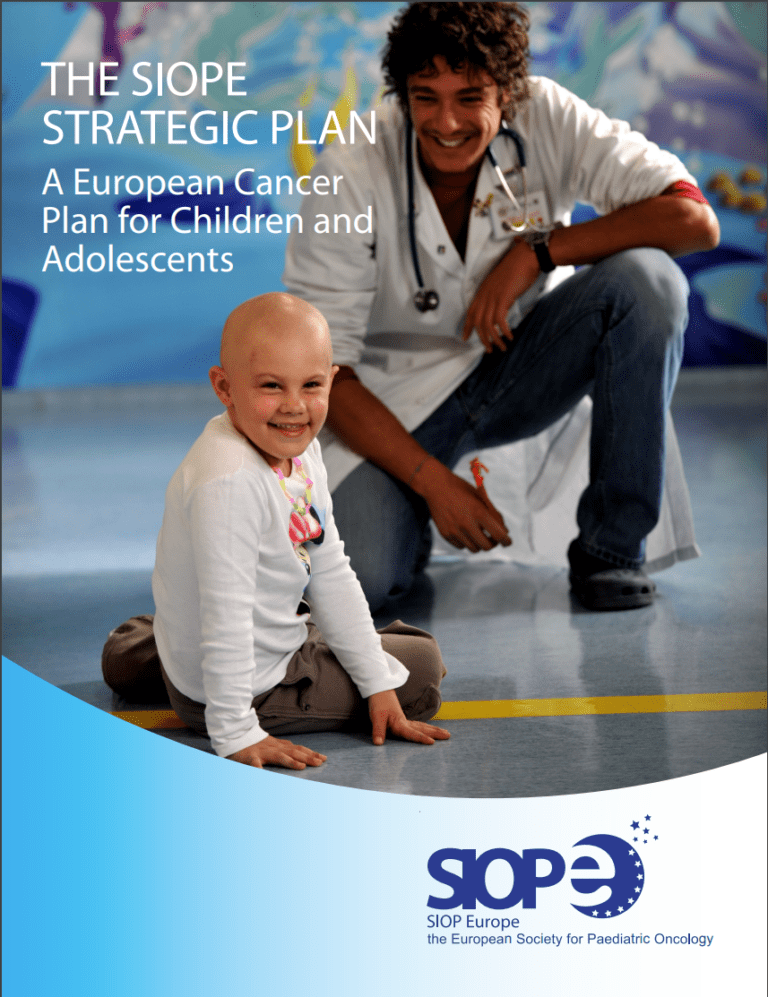
Most Well-known Chemotherapy Side Effects
People might not think about how important having hair is until they face losing it. Hair loss is one of the most well-known side effects of chemotherapy or radiation therapy.
That is why better to understand more about hair loss and how to deal with this distressing side effect.
Hair Loss – How it Happens During Treatment?
Many cancer treatments make people lose just some or all of their hair. Most common cancer treatments as chemotherapy or radiation therapy are effective because they kill fast-growing cancer cells.
Unfortunately, it also affects normal and healthy cells that grow fast. Therefore, hair is highly affected by these treatments. According to the American Cancer Society, it is hard to predict which patients will lose their hair and which ones won’t, despite the fact that they take the same drugs. Some drugs can cause hair thinning or hair loss only on the scalp while others can also cause the thinning or loss of pubic hair, arm, and leg hair, eyebrows, and eyelashes. This is why it’s very important to remember that every person reacts to treatment differently.
Patients most often start feeling like losing their hair within 1-3 weeks of treatment. It might be noticeable not right away but 1 to 2 months after starting therapy.
It doesn’t mean that hair cells are affected irreversibly as they might start to grow back 2 to 3 months after chemotherapy, and 3 to 6 months after radiation. Of course, new hair might look not exactly like previously when it first grows back. It can be a different texture, colour, or thickness than it was before, which may be just temporary.
How Should I Treat My Affected Hair?
Many specialists advise avoiding hair dye, bleach, peroxide, relaxers, and other chemical treatments during chemotherapy and for a few months afterwards.
Remember to avoid hair dryers, curling irons, hot rollers, and other heated styling tools. This will help to make hair stronger and healthier when it grows back at first.
Reducing Hair Damage During Chemotherapy
Therefore, there are some methods how to reduce the damage that chemotherapy causes to hair follicles. The most common method is called scalp cooling therapy and might be considered to help many patients keep most of their hair. As the American Cancer Society explains the principle, the cooling tightens up or constricts blood vessels in the scalp.
This constriction should reduce the amount of chemo that reaches the cells of the hair follicles. The cold also decreases the activity of the hair follicles and makes them less attractive to chemo, which targets rapidly dividing cells. This method is based on cooling caps, which are recommended to be worn for 30 minutes before chemotherapy treatment, throughout the session, and 1,5 – 2 hours afterwards.
Of course, using scalp cooling also can have some side effects such as headaches, scalp pain, and neck and shoulder discomfort.
However, it is better to be prepared. Other sources, e.g. Breastcancer.org introduces a few more ways to prepare for hair loss from chemo:
- Cutting hair short before starting chemotherapy might help get used to having less hair. Also, this might help manage any shedding that occurs because of treatment.
- Get some head coverings, such as scarves, hats, and turbans, that enable keep your head warm and protect you from the sun, and will conceal your hair loss if you wish to do so.
- Consider picking out a wig before the chemotherapy. This process of searching for a wig might help you concentrate your attention on the treatment, not worrying about your appearance until your natural hair grows back. Wigs retailers will help you choose the right headwear for chemo patients best fitting to you and temporarily serves as your hairstyle.
Emotional Aspects of Hair Loss
For most cancer patients, hair loss might be very sensitive and emotionally breaking. It causes significant psychological stress, depression, and anxiety, some people even choose to limit their social life for the period of treatment.
Despite the previously mentioned methods that may really help reduce or cope with hair loss, but treatment period can be a very hard time psychologically.
Losing hair can be upsetting and may impact self-esteem. It’s normal for people to feel upset about losing their hair, but it helps to know that these cancer treatments don’t stop hair growth.
Even more important is to talk about these feelings with family, friends, and other close people. What is more important – keep talking about coming and existing changes and knowing what to expect next can help patients to cope with hair loss.
Furthermore, if you feel comfortable not hiding your hair changes or loss it is for sure the right way! This might help you integrate and accept your changed appearance even better.
Communication Tips for Patients: All patients should remember that they are not alone and if it is hard to talk about their feelings and worries with their loved ones, then they can get full support and advice from a medical professional or psychologist.
Just don’t keep your burden inside, let stress go out so the healing process could become smoother.
If you are looking for a supportive community to talk about any cancer issue, you are always welcome to join our online young cancer survivors community on Discord where your important questions will be answered rather quickly and with no judgement!









Comments
Thank you. Comment sent for approval.
Something is wrong, try again later